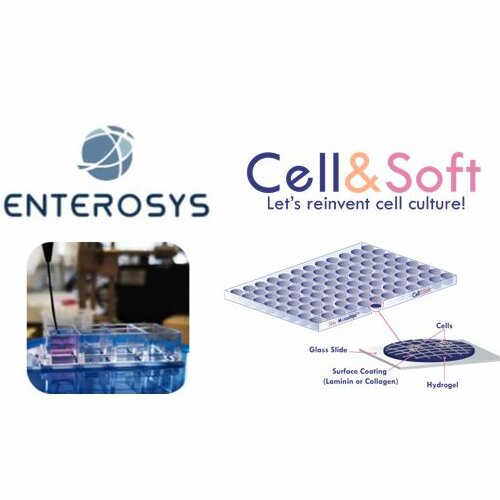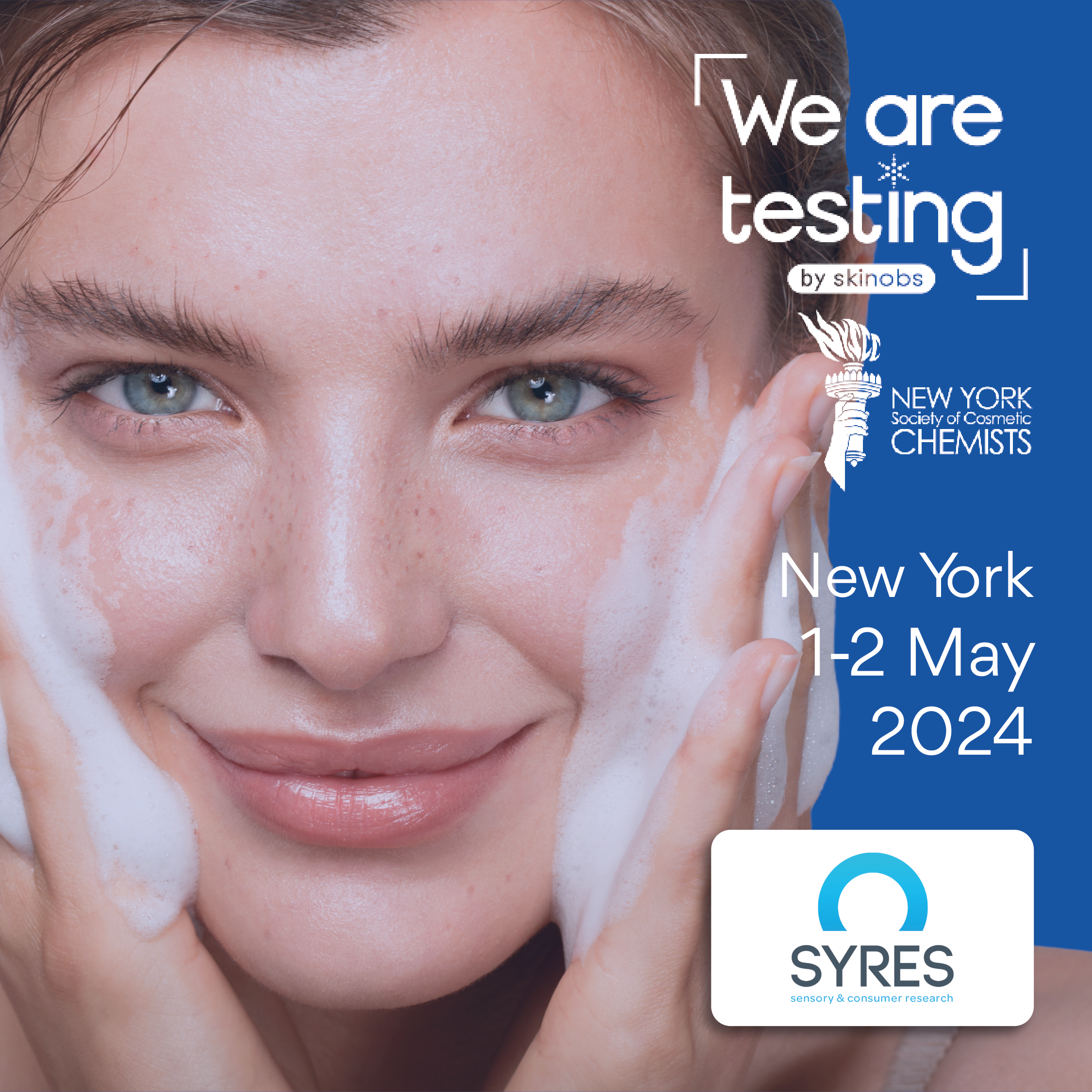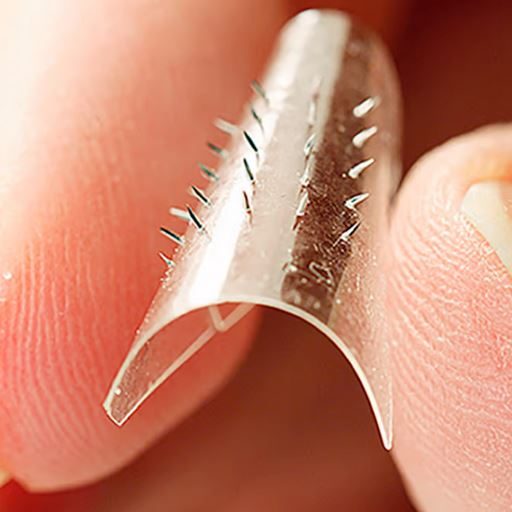Number of scientific studies have demonstrated the key role of NO and H2O2 in regulating the skin homeostasis. Released in small quantities by the cells of the skin barrier, these mediators are involved in processes essential to maintaining skin health. On the other hand, when the skin is stressed (oxidizing agents, aging, exacerbated inflammation, pollution, etc.), the exacerbated release of NO and H2O2 leads to alterations in vital biological processes, which affect the skin balance.
Enterosys is a biotech company developing high-quality preclinical evaluation services. Part of our activities concerns dermocosmetic studies (in vitro safety and efficacy evaluation). We combine our technologies and know-how to develop an innovative amperometry-based method for the ultrasensitive detection of Reactive Oxygen Species (NO and H2O2) in real time based on in vitro cultured keratinocytes, which can be used to predict the antioxidant capacity of new skin treatment compounds.
Recently, Enterosys has developed a strong partnership with the company Cell&Soft, specializes in in vitro matrices reproducing specific in vivo mechanical characteristics. To be relevant, an efficient in vitro culture system must not only allow the survival and growth of cells but must also come as close as possible to the natural microenvironment. And in in vivo conditions, cells are organized into various soft and elastic tissues with distinct physical properties.
By their distinct composition and function, each tissue / organ has its own rigidity, the latter being able to evolve according to physiological and / or pathological modifications (aging, scarring, fibrosis…). This rigidity plays a preponderant role in cellular responses, by influencing many biological processes. The plastic culture systems commonly used in laboratories have a rigidity a million times greater than almost all the organs that constitute us! The average value of the skin lies between 4.5 kPa and 8 kPa and depends mainly on the mechanical properties of the dermis that provides elasticity and resistance to stretch.
Furthermore, cells that compose the different layers of the skin are highly mechanoresponsive. Keratinocytes can sense a diverse range of biophysical properties, among which the extracellular matrix stiffness. Keratinocyte mechano-sensing regulates many basic cellular functions, including proliferation, differentiation, and migration. Moreover, developing alternative approaches for safety and efficacy testing that avoids animal exploitation is a worldwide trend. Thus, Cell&Soft has made efforts to build in vitro matrices reproducing specific in vivo mechanical characteristics, to provide a platform that is extensively suitable for skin cell models and could be reliably monitored in real-time and in a high-throughput approach.
Experimental data showed that the use of Skin-Mecachips™ microplates allow the keratinocytes organize in more physiological structures. Moreover, amperometric analysis demonstrated the advantage of Skin-Mecachips™ upon standard techniques, to improve the precision of amperometric measures for both models (NO and H2O2), by increasing sensitivity while reducing intragroup variability. Now, we propose our complementary expertise to combine Skin-Mecachips™ microplates – the specific Skin-Mecachips™ microplates dedicated to skin studies – in ROS assays.
CONTACT
Anne Abot, Scientific Director










 Follow us on Linkedin!
Follow us on Linkedin!
You must be logged in to post a comment.